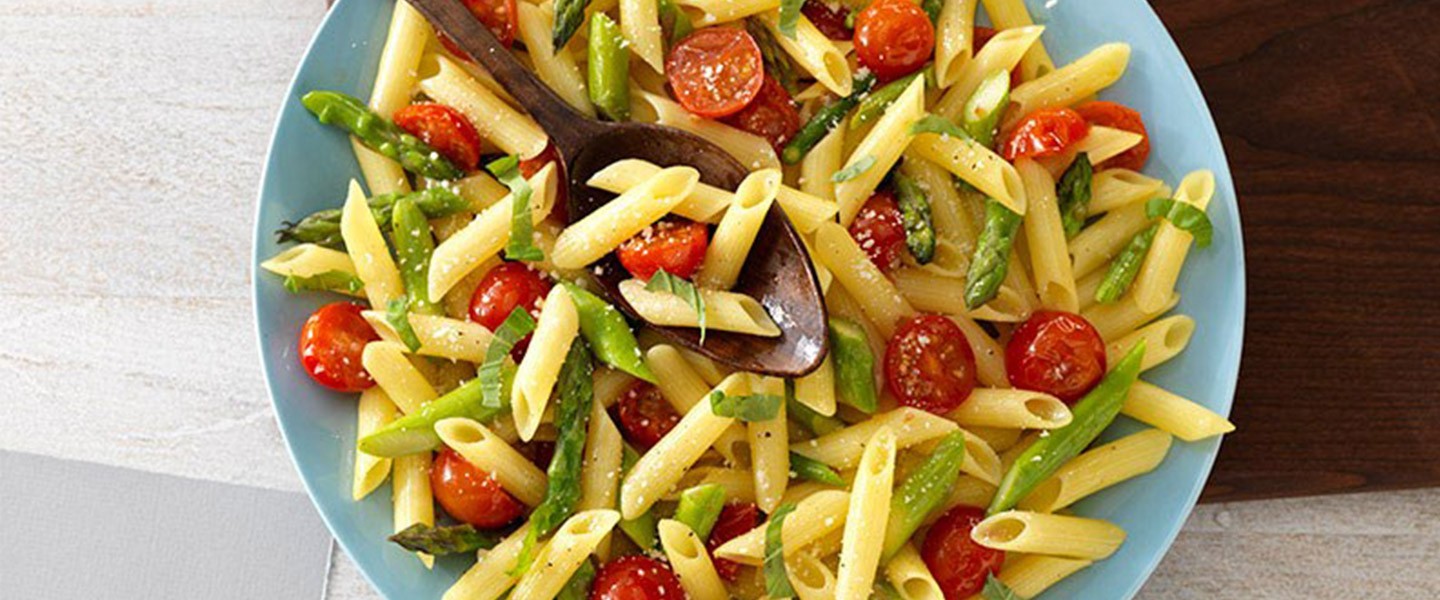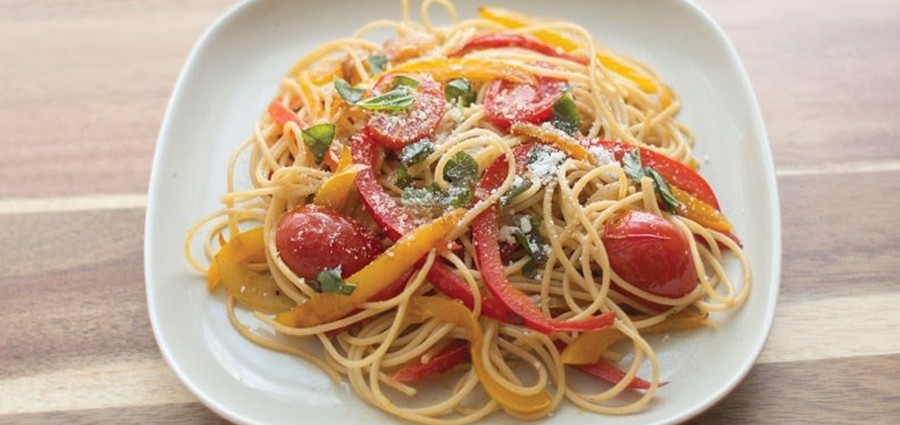Blue Zones: What Are They and Why Are They Important?
In certain communities around the world there are high concentrations of centenarians — people who are 100 years old or more. Their longevity secrets have been studied and scientifically backed by research. Where they live have been dubbed the Blue Zones.
By Vicki Martinez
National Geographic fellow, New York Times bestselling author and founder of Blue Zones, Dan Buettner, answers our questions about what Blue Zones are and why they're so important.
Live Naturally: What is the foundation of the Blue Zones?
Dan Buettner: Blue Zones is an extension of how people were meant to live (before technology). The people in Blue Zones eat the same foods they've eaten forever. They cook at home. They dine with friends and family. They step outside into their gardens for fresh vegetables and eat seasonally and locally.
LN: A common factor among Blue Zone centenarians is regular physical activity, but they don’t follow an exercise program?
Dan: They live in environments that nudge them into moving every 20 minutes, getting the regular low-intensity movement needed to thrive.
SUPER BLUE FOOD
Integrate at least 3 of these items into your daily diet to be sure
you are eating plenty of whole food.
Beans
all kinds: black, pinto, garbanzo, lentils
Greens
spinach, kale, chard, beet tops, fennel tops
Sweet Potatoes
don't confuse them with yams
Nuts
all kinds: almonds, peanuts, walnuts, cashews
Olive Oil
green, extra- virgin is usually the best
Oats
slow-cook or Irish steel-cut are the best
Barley
either in soups, hot cereal, or ground and in bread
Fruits
all kinds
Teas
green or herbal
Turmeric
as a spice or a tea
LN: Does the Blue Zones solution share similarities with the Mediterranean diet?
Dan: Like the diets found in much of the Mediterranean, the Blue Zones Diet, particularly the diet of Ikarians and Sardinians, includes lots of vegetables and olive oil, smaller amounts of dairy and meat products, and moderate amounts of alcohol.
LN: If there’s one cornerstone food of the Blue Zones diet, what is it?
Dan: Beans dominate Blue Zone meals all year long. Beans represent the consummate superfood. On average, they are made up of 21 percent protein, 77 percent complex carbohydrates and only a few percent fat. They are also an excellent source of fiber. They’re cheap and versatile, come in a variety of textures, and are packed with more nutrients per gram than any other food on Earth.
LN: Does pasta have a place in the Blue Zones diet?
Dan: In Sardinia, the art of making pasta has been passed down through generations. Pasta has its place on the Blue Zones table, and you can feel good about adding it to your diet, just be sure to check the ingredient list before purchasing.
LN: How can Americans adopt a Blue Zones mentality?
Dan: Blue Zones are great examples to North America as they show that it is not about personal responsibility but about setting up your environment so that health and wellness ensues rather than something to be pursued. If North America can set up their own homes, workplaces and communities like the original Blue Zones areas, as we do in Blue Zones Projects, they will see great benefits.
Dan Buettner captures the recipes and science behind living to 100 in THE BLUE ZONES KITCHEN: 100 RECIPES TO LIVE TO 100 — the latest in his series of Blue Zones initiatives that have improved the lives of more than 5 million Americans.







Share this Post